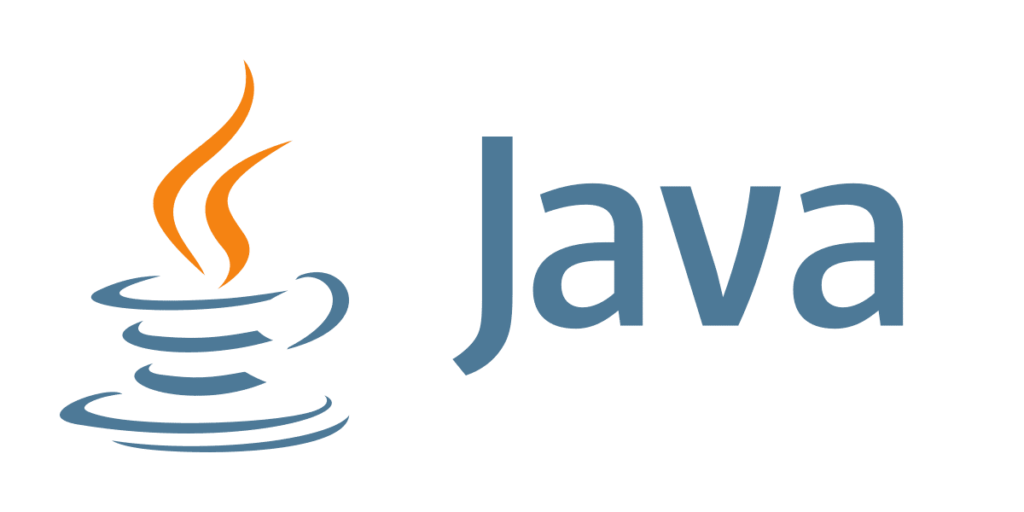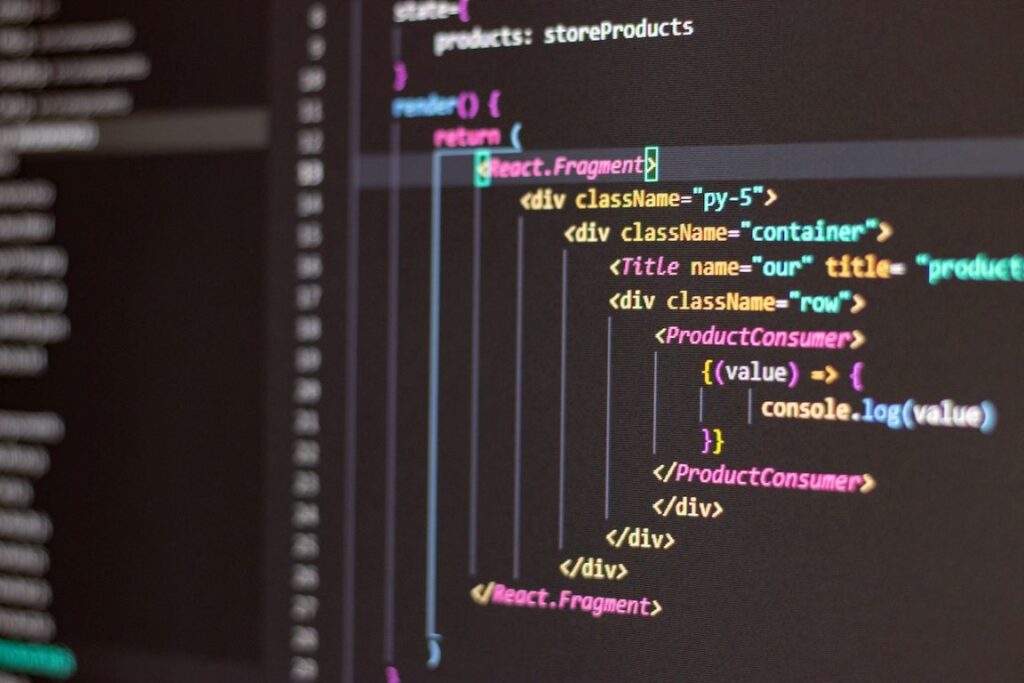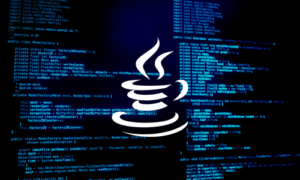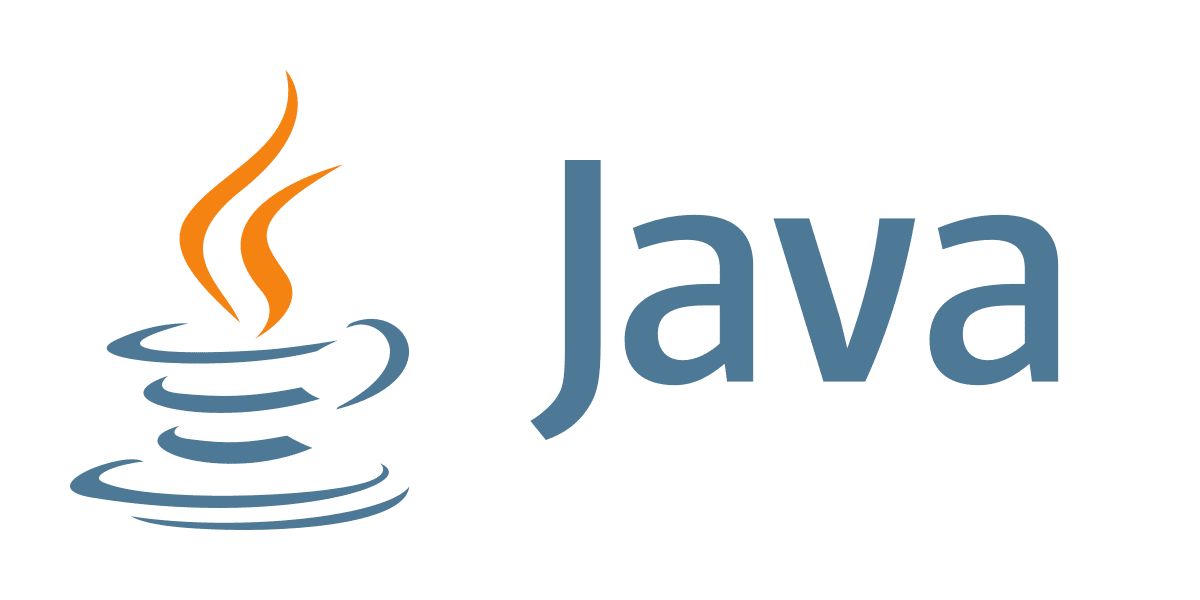
The ever-changing landscape of programming languages can be daunting for BCA (Bachelor of Computer Applications) students who want to go into coding careers! New languages emerge seemingly every year, leaving many to wonder about the future of established giants like Java programming. Will Java, a dominant force for decades, become obsolete in the face of these new challenges?
This blog delves into the ongoing debate surrounding Java’s longevity. We’ll explore the factors that have solidified Java’s position as a cornerstone of coding careers, particularly for BCA graduates. We’ll also examine the challenges Java faces and the rise of newer languages.
Finally, we’ll conclude by providing insights on how BCA students can stay future-proof in this evolving technological landscape and asking you to take a quick survey on the topic.
The Enduring Strength of Java Programming

Java boasts several key strengths that have ensured its continued relevance in the programming world. Here are three primary factors:
- Massive Established Codebase: Countless enterprise applications and a significant portion of the Android ecosystem are built upon Java. Rewriting this colossal amount of code for newer languages would be a monumental undertaking.
This translates to continued demand for Java developers, particularly for BCA students looking to specialize in enterprise development or Android app creation.
- Strong Community and Continuous Development: Java thrives thanks to its large and active developer community. This passionate group continuously innovates and updates Java, keeping it relevant for modern development needs.
New features are regularly added, ensuring Java programming remains a powerful tool for tackling complex coding challenges. This strong community also provides invaluable resources for BCA students – from tutorials and forums to online communities where they can connect with experienced developers and hone their Java programming skills.
- Platform Independence: Write Once, Run Anywhere: One of Java’s defining strengths is its platform independence. The “write once, run anywhere” philosophy allows developers to create Java code that can seamlessly run on various operating systems with minimal changes.
This versatility makes Java a perfect choice for building cross-platform applications, a crucial skill for BCA graduates aiming to cater to a globalized market.
Java’s Role in Shaping Coding Careers
Alt: Java skills are in high demand in the coding careers market
Java’s enduring strength translates to significant benefits for BCA students seeking successful coding careers:
- High Demand in the Job Market: Java remains one of the most in-demand programming languages globally, particularly for back-end development. Learning Java equips BCA students with highly sought-after skills, opening doors to exciting coding careers across diverse industries.
According to a recent report by Indeed, Java consistently ranks among the top skills employers seek in back-end developers. This strong demand translates into better job prospects and competitive salaries for BCA graduates who have mastered Java programming.
- A Stepping Stone for Future Growth: While Java provides a strong foundation for coding careers, it’s not the only valuable skill to possess. Understanding Java’s core principles and applications prepares BCA graduates to learn other programming languages more efficiently. This sets them up for continuous learning and growth within the ever-evolving programming landscape.
Emerging Challenges: The Rise of Newer Languages

While Java enjoys a strong position, it’s not without its challenges:
- The Allure of Newer Languages: The rise of newer languages like Python and Go presents an alternative for developers. Languages like Python offer simpler syntax, making them easier to learn, especially for those new to coding. This might be particularly appealing to BCA students just starting their coding journey.
Go, on the other hand, focuses on performance and concurrency, making it a strong contender for specific tasks requiring high levels of efficiency.
- Performance Considerations: Java is a versatile language, but it may not always be the optimal choice for highly performant applications. For tasks requiring lightning-fast execution speed, other languages like C++ might be a better fit.
Understanding the strengths and limitations of Java is crucial for BCA students aiming to become well-rounded programmers who can select the most appropriate tool for the job at hand.
The Future of Java: Staying Adaptable

Although Java is unlikely to become obsolete in the near future, it’s wise for BCA students to stay updated on emerging languages and trends in the programming world. This doesn’t necessarily mean abandoning Java entirely. A strategic approach might involve mastering Java as a core skill while exploring complementary languages to broaden your skillset and remain adaptable in this ever-evolving field.
What Do You Think? A Survey for BCA Students
Alt: Survey on what you think about Java programming
We’d love to hear your thoughts on Java’s future! As a BCA student, do you believe Java programming will remain relevant in the coming years? Have you considered learning Java as part of your coding skillset? What are your concerns or expectations regarding Java’s future?
Please take a moment to answer the short survey below to share your valuable insights:
By participating in this survey, BCA students can contribute to a wider conversation about the role of Java in the coding landscape for the future generation of programmers in India.





